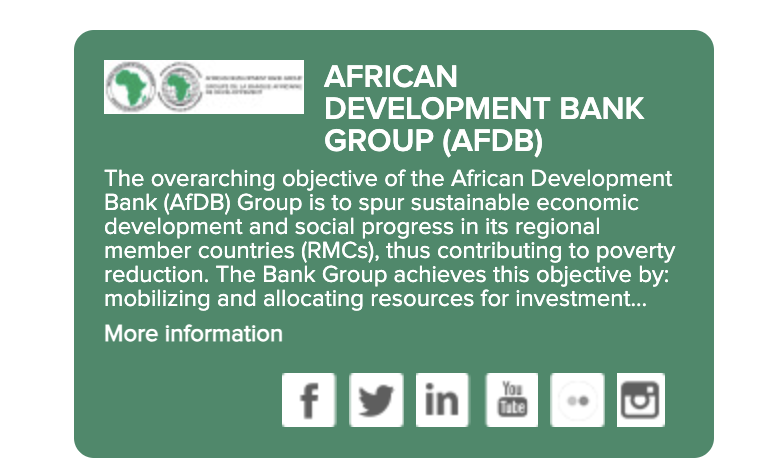Washington, D.C., United States of America, April 24, 2024 – Africa’s enormous economic potential is facing a severe setback due to the proliferation of non-transparent resource-backed loans, which complicate debt resolution processes and compromise the future growth prospects of countries across the continent. This warning came from the President of the African Development Bank, Akinwumi Adesina, during his keynote address at the Semafor Africa Summit held on the sidelines of the International Monetary Fund and World Bank 2024 Spring Meetings.
Adesina underscored the challenges arising from Africa’s soaring external debt, which surged to $824 billion in 2021. Countries dedicate a staggering 65% of their GDP to servicing these obligations. He revealed that Africa would shell out $74 billion in debt service payments this year alone, marking a significant spike from the $17 billion recorded in 2010.
Amid acknowledging the fiscal strains exacerbated by the Covid-19 pandemic, infrastructure demands, and escalating inflation, Adesina stressed the urgency of addressing structural issues within Africa’s debt landscape. He highlighted the transition from concessional financing to pricier and short-term commercial debt, with Eurobond debt now constituting 44% of Africa’s total debt, compared to 14-17% previously.
The head of the African Development Bank also decried the “Africa premium” imposed on countries accessing capital markets despite statistics indicating lower default rates in Africa compared to other regions. He called for an end to this risk perception, which inflates borrowing costs for African nations.
Emphasizing the necessity of establishing an orderly and predictable approach to managing Africa’s debt, Adesina urged expedited implementation of the G20 Common Framework. He advocated for heightened concessional financing, particularly for low-income countries, pointing out the shrinking levels of concessional financing in Africa and highlighting the role of the African Development Fund in providing long-term, low-interest financing to the most vulnerable nations.
Adesina outlined various instruments and initiatives the African Development Bank deployed to de-risk projects and attract institutional investors, including partial credit guarantees, hybrid capital, and synthetic securitization.
Expressing optimism about Africa’s prospects, especially in renewable energy, Adesina spotlighted the Africa Investment Forum as a pivotal platform for catalyzing large-scale investments in critical sectors like infrastructure, digitalization, and renewable energy.
The Semafor summit session titled “Rising Global Middle Class: Is Rising Developing Nation Debt a Blessing or a Curse?” convened diverse stakeholders to deliberate on the mounting debt burdens facing developing countries as borrowing costs escalate.
Notable participants included Xavier Becerra, U.S. Secretary of Health and Human Services; Raj Shah, President of the Rockefeller Foundation; Andrew Steer, President and CEO of the Bezos Earth Fund; and Brent Neiman, Assistant Secretary for International Finance, U.S. Treasury.
Shah underscored the imperative of balancing economic imperatives with climate action, citing the Rockefeller Foundation’s initiatives to facilitate the transition from coal-fired power plants to renewable energy sources while preserving jobs and fostering economic empowerment.
Neiman highlighted the U.S. government’s commitment to assisting African countries in reducing debt burdens, citing recent bond issuances by Côte d’Ivoire, Benin, and Kenya as evidence of continued access to capital markets. He lauded the role of the Global Sovereign Debt Roundtable in facilitating dialogue between creditors and debtors to address escalating debt burdens in developing nations.
